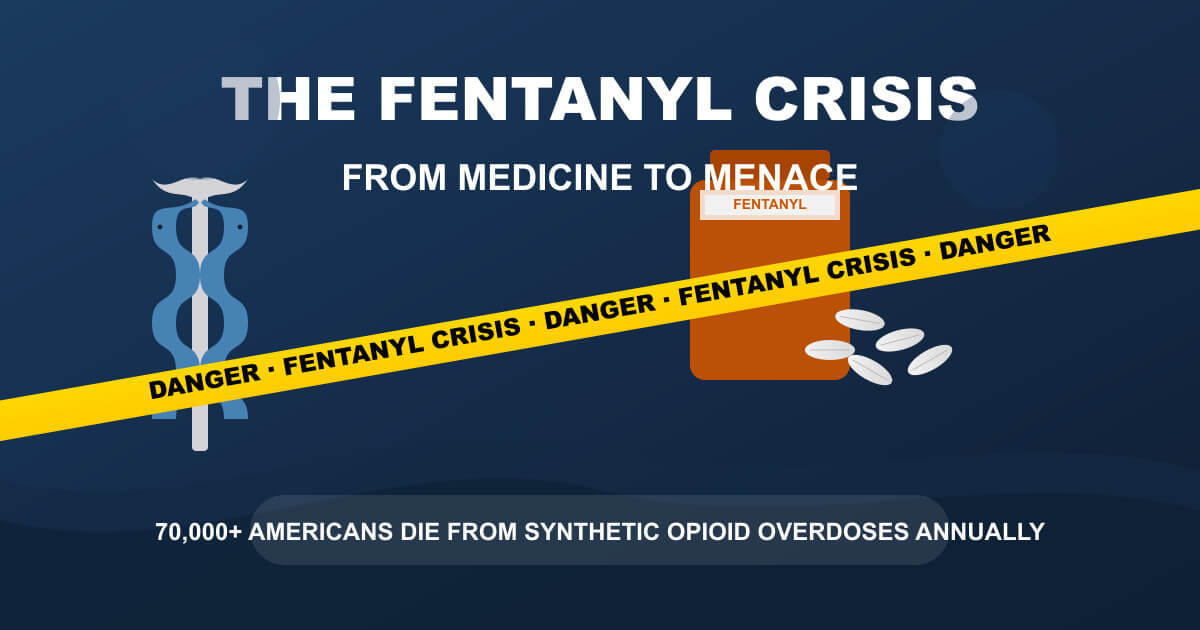Nigeria Faces Elderly Care Crisis as Population Surges, Home Services Emerge
Nigeria’s elderly population will reach 11.5 million people by December 2024, creating unprecedented demand for specialized care services. The demographic shift represents a critical challenge for the nation’s healthcare infrastructure.
Home-based elderly care services are experiencing rapid growth across Nigeria as families seek alternatives to overwhelmed hospitals. These private services offer medical monitoring, daily assistance, and companionship for seniors who prefer aging in familiar environments. The trend reflects growing recognition that traditional hospital systems cannot adequately serve Nigeria’s expanding elderly demographic.
Current projections indicate Nigeria’s senior population will more than double to 25.5 million by 2050. This dramatic increase will strain existing healthcare resources and force families to explore costly private options. Home care services typically charge premium rates, making them accessible primarily to middle and upper-income households.
The emerging home care industry fills gaps left by Nigeria’s struggling public healthcare system. Many hospitals lack geriatric specialists, age-appropriate facilities, and long-term care capabilities. Private home services provide trained caregivers, medical equipment, and 24-hour monitoring that hospitals often cannot deliver consistently.
Nigeria’s aging population boom mirrors global demographic trends but occurs amid significant healthcare infrastructure challenges. The country must develop comprehensive elderly care policies and expand affordable services to meet growing demand. Without strategic planning, millions of Nigerian seniors may lack access to essential care services within the next decade.










